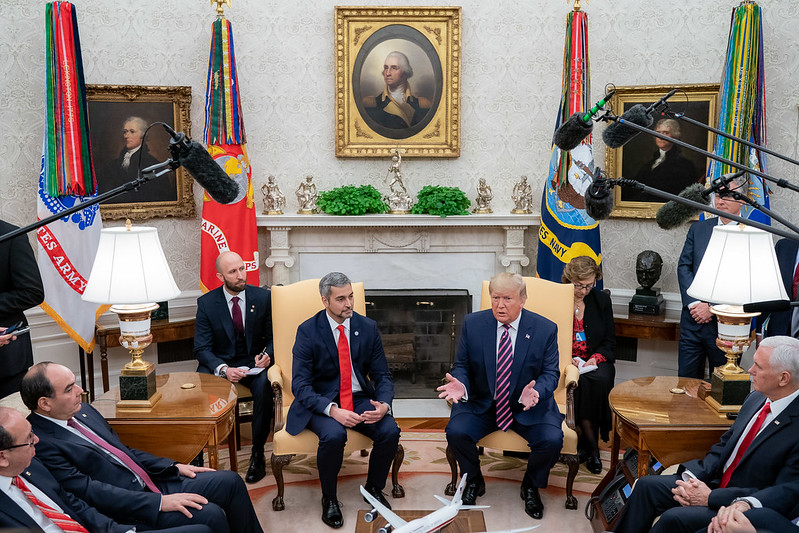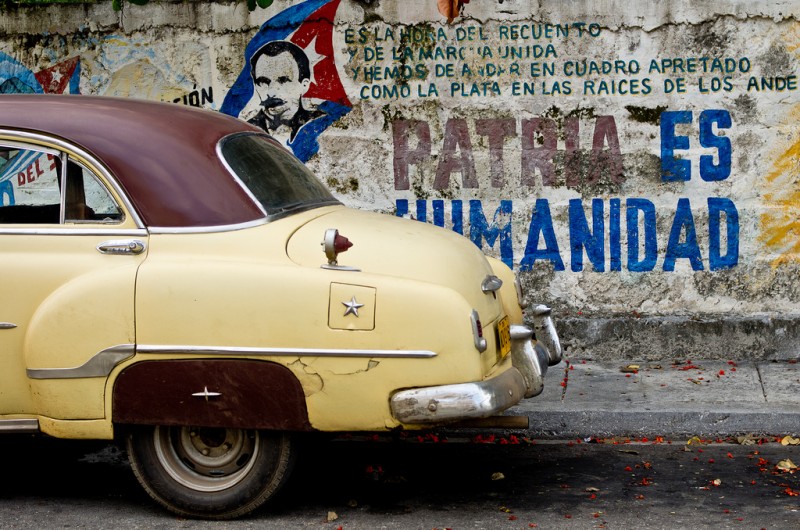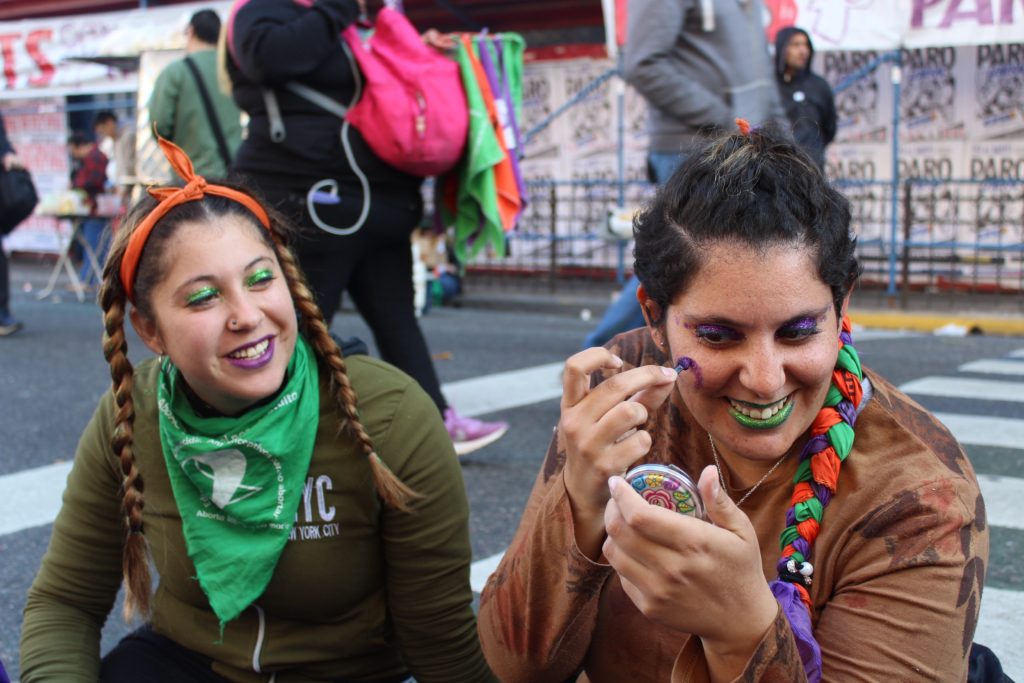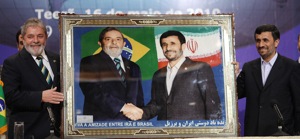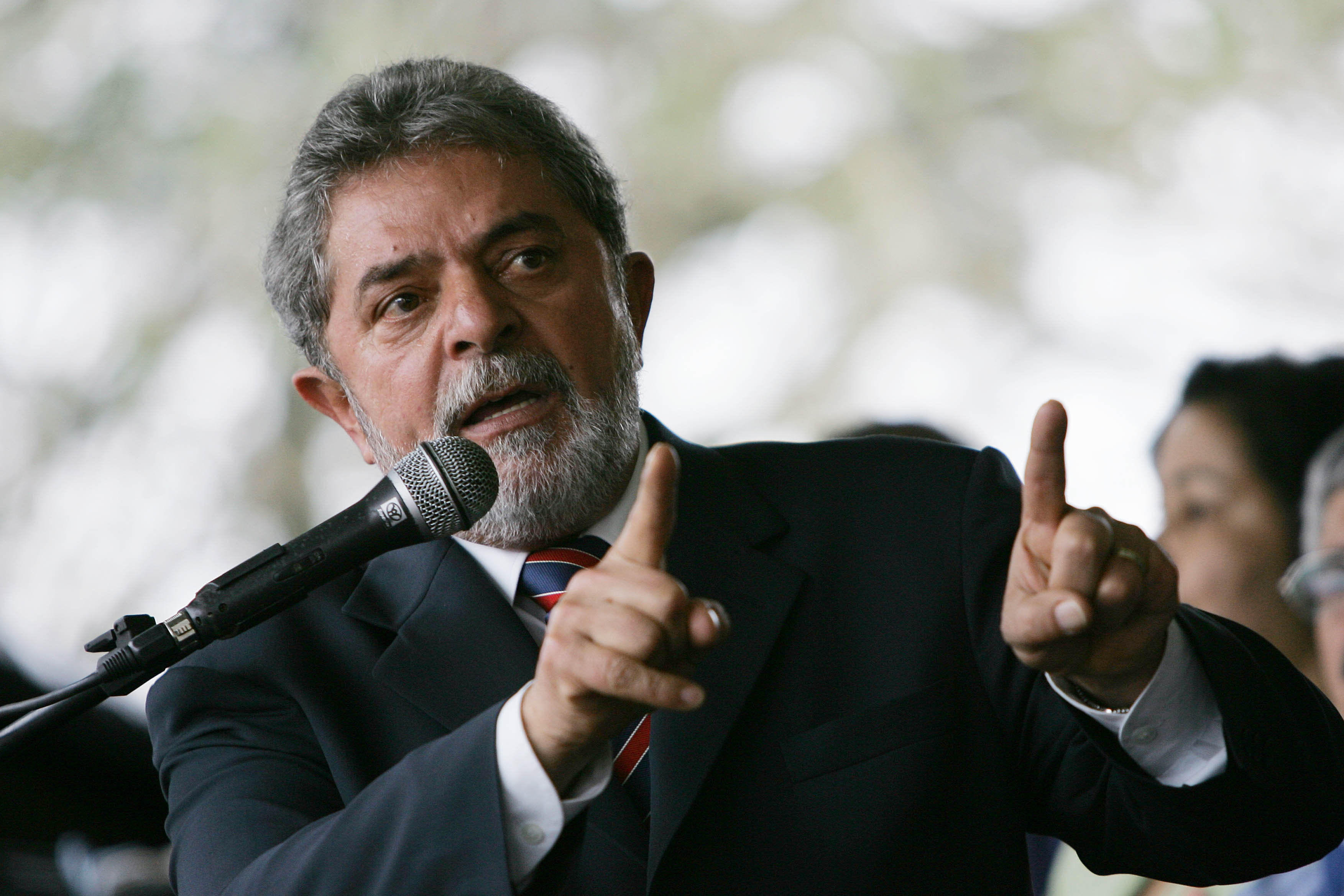
Blog, Caribbean, Cuba, Latin America: Week in Review
US, Cuba to Open Embassies
July 20, 2015 By Staff
The United States and Cuba will open embassies on one another’s soil on Monday, a historic culmination of the two countries’ promise in December to normalize relations after more than 50 years of tension.
The embassies will open in place of the existing interests sections within the respective Swiss embassies in Washington and Havana. The U.S. Interests Section Chief in Havana, Jeffrey DeLaurentis, will become charge d’affaires. DeLaurentis, the top U.S. diplomat in Cuba since August, is serving his third tour there. A longtime Latin America specialist, DeLaurentis is well-regarded in Cuba, a former Cuban diplomat told the BBC.
Cuban Foreign Minister Bruno Rodríguez will meet with U.S. Secretary of State John Kerry, U.S. State Department spokesperson John Kirby said in a press conference on Friday. The two are expected to discuss issues like telecommunications, migration, and cooperation on health policy. Thornier topics like human rights and criminal fugitives may come up as well, Kirby said.
Cuba will hold a ceremony in Washington with about 500 guests to commemorate the upgrade of its interests section, an event a Cuban diplomat told The Associated Press would be a “celebration,” attended by Cuban artists and politicians, as well as Wayne Smith, a former U.S. diplomat in Havana who left the State Department in 1982 in frustration at the U.S. government’s inflexible Cuba policy.
Despite the historic implications of the normalization of relations — which the AP notes a person like Smith would be sure to welcome — one Cold War holdout remains: the U.S. trade embargo against Cuba, under the control of legislators, who are not expected to roll it back in the near future.
Headlines from the Western Hemisphere
North America
- Mexico’s Attorney General has charged seven prison guards for their suspected involvement in last week’s escape of famed drug kingpin Joaquín “El Chapo” Guzmán, with 15 others still under investigation.
- Meanwhile the continued hunt for “El Chapo” has converted him into an “outlaw folk hero” among segments of the Mexican population, according to The New York Times, with some viewing him as a Robin Hood figure able to outsmart Mexico’s deeply corrupt government.
Caribbean
- Despite the historic step of opening embassies in each other’s soil on Monday, several obstacles remain as Cuba and the United States move forward, including the existence of U.S.-backed television and radio programs in Cuba that were initially created to bring “free press” to Cuba in the 1980s, but have lost their viability since and become a financial burden.
- Jamaica’s power utility said it is “relentlessly pursuing electricity thieves,” according to the Associated Press, after it has already arrested nearly 300 people and pulled down close to 10,000 illegal connections so far this year.
Central America
- Rolling Stone follows the journey of four boys from El Salvador who skateboarded over 2,000 miles into the United States in order to flee gang violence back home.
- Over 25 percent of politics in Guatemala is funded by criminal organizations, primarily drug trafficking, according to a report released by the United Nations, that concludes politics and elections in the country are rife with corruption.
Andes
- Venezuela’s state prosecutor’s office barred former state governor Pablo Pérez from public office for 10 years on Friday, the third opposition leader to be barred from office on unclear grounds ahead of December’s congressional elections.
- A day before FARC rebels in Colombia begin a unilateral ceasefire amid ongoing peace talks with the government, the group released captured soldier Cristian Moscoso Rivera on Sunday.
- The heads of regional trade bloc Mercosur will accept Bolivia as a full member, Brazilian President Dilma Rousseff announced Friday, though the move will still need authorization from Brazil’s and Paraguay’s congresses.
Southern Cone
- Eduardo Cunha, the speaker of Brazil’s lower house of Congress and one of the country’s most powerful politicians, announced that he is leaving a coalition with the country’s governing Workers’ Party amid the country’s largest-ever corruption scandal, which last week touched Cunha after a consultant of a contractor from state-run oil giant Petrobras accused him of soliciting and receiving millions of dollars in bribes.
- Argentina’s opposition PRO party appears to have won the mayoral election in the country’s capital Buenos Aires on Sunday, though Horacio Rodríguez Larreta did not secure the 50 percent of votes needed to avoid a second round of voting in July.
